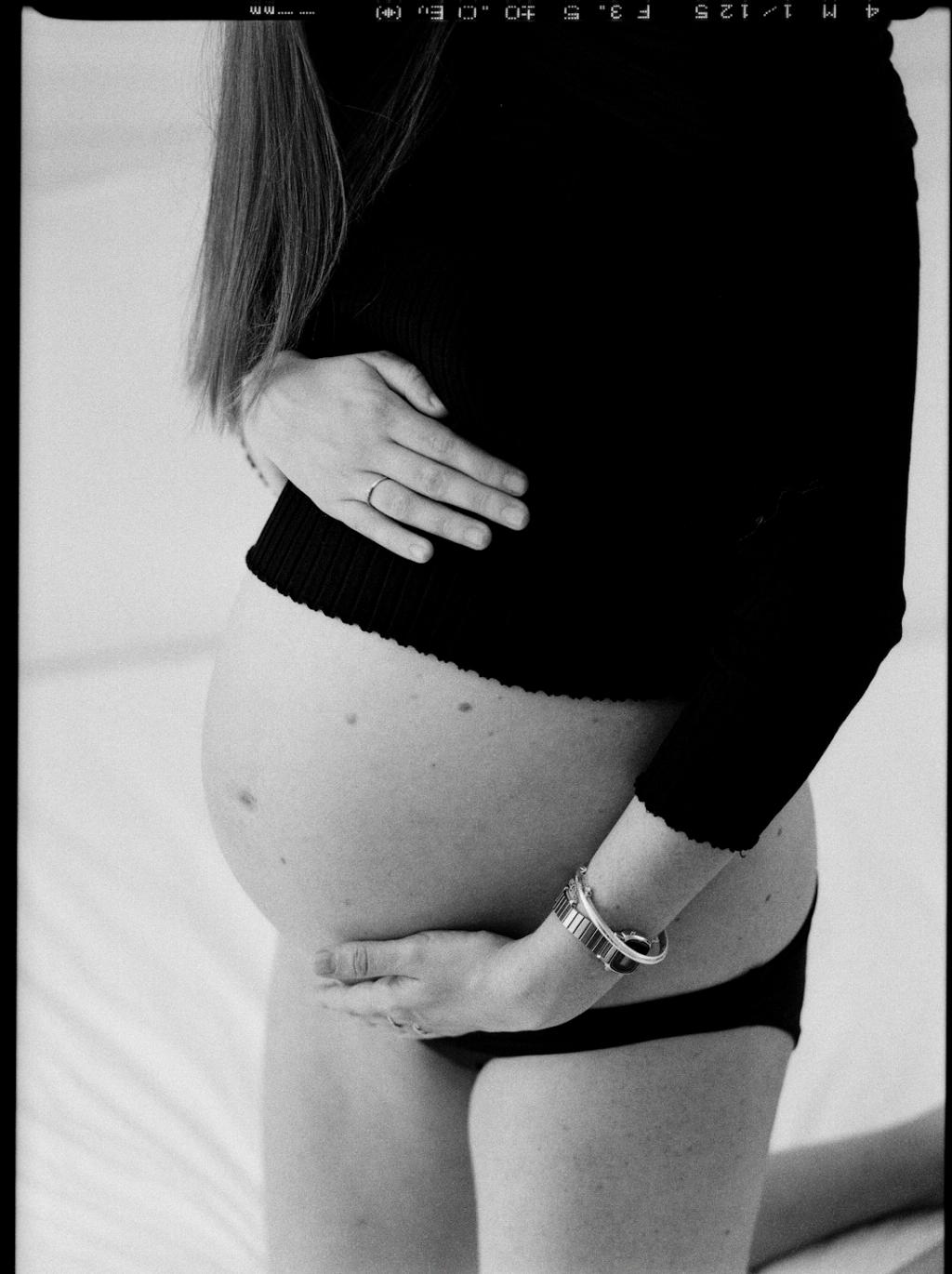When it comes to the timing of pregnancy symptoms after engaging in sexual activity, it’s essential to understand that the process of conception and pregnancy development can vary from person to person. Typically, it takes approximately 2 to 3 weeks after having sex for pregnancy to occur. However, the onset of pregnancy symptoms can vary widely among individuals.
Early Pregnancy Symptoms
Some individuals may start noticing early pregnancy symptoms as soon as a week after conception. These symptoms often manifest when a fertilized egg attaches itself to the wall of the uterus. Early signs of pregnancy can include fatigue, breast tenderness, nausea, and heightened sense of smell.
Variability in Symptom Onset
While some people experience pregnancy symptoms shortly after conception, others may not notice any signs until a few months into their pregnancy. This variability in symptom onset is normal and can be influenced by factors such as individual biology, hormone levels, and overall health.
Key Signs to Watch For
It’s crucial to be aware of common pregnancy symptoms, which can include missed periods, frequent urination, food aversions or cravings, mood swings, and heightened emotions. Recognizing these signs early on can help you take necessary steps towards confirming a potential pregnancy.
Seeking Confirmation
If you suspect you may be pregnant but are unsure, it is advisable to take a home pregnancy test or consult with a healthcare provider. These tests can help provide clarity on your pregnancy status and guide you on the next steps to take in terms of prenatal care.
Importance of Prenatal Care
Once pregnancy is confirmed, seeking prenatal care early on is essential for the health and well-being of both the mother and the developing baby. Regular check-ups, proper nutrition, and lifestyle adjustments can contribute to a healthy pregnancy and childbirth.
Impact of Lifestyle Choices
It’s important to note that lifestyle choices, such as diet, exercise, and avoiding harmful substances like alcohol and tobacco, can significantly impact the course of pregnancy and the health of the baby. Maintaining a healthy lifestyle during pregnancy is key.
Emotional Support
Dealing with the onset of pregnancy symptoms and the prospect of parenthood can evoke a range of emotions. Seeking emotional support from loved ones, friends, or a therapist can help navigate the emotional journey of pregnancy and prepare for the changes ahead.
Preparing for Parenthood
Anticipating parenthood involves making practical preparations, such as creating a birth plan, setting up the nursery, and attending prenatal classes. Engaging in these activities can help build confidence and readiness for the arrival of your baby.
Understanding Pregnancy Milestones
Throughout the course of pregnancy, various milestones and developments occur, such as the first ultrasound, feeling the baby’s movements, and preparing for labor. Staying informed about these milestones can enhance your pregnancy experience.
Support Networks
Building a support network of fellow parents, online communities, or local groups can provide valuable insights, advice, and camaraderie during the journey of pregnancy and early parenthood. Connecting with others can help alleviate feelings of isolation and foster a sense of community.
Celebrating Each Step
Embracing the process of pregnancy, from the onset of symptoms to the birth of your child, is a unique and transformative experience. Celebrate each step along the way, cherish the moments of anticipation and joy, and prepare to welcome new beginnings.
Conclusion
In conclusion, the timing of pregnancy symptoms after engaging in sexual activity can vary from person to person. Understanding the range of potential symptoms, seeking confirmation through tests, and prioritizing prenatal care are crucial steps in navigating the journey of pregnancy and preparing for parenthood.

